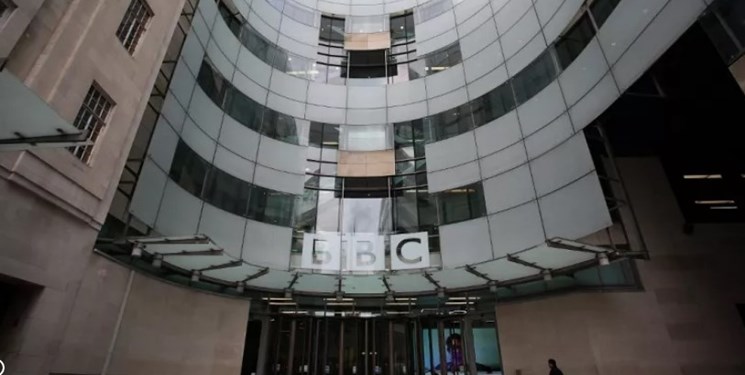The license of the BBC to operate in Syria is revoked.
The Syrian government has announced that it has revoked the BBC’s license to operate in the country due to “biased and misleading” reports. Damascus had repeatedly warned this network about it.
The Syrian government announced last night that it has revoked the BBC’s license to operate in the country due to “biased and misleading reports”. The statement of the Ministry of Information of Syria states: Due to this network’s non-compliance with professional standards and its insistence on presenting politicized and misleading reports, the activity license of the network’s reporter and cameraman in Syria was canceled.
According to the AFP news agency, Damascus has also canceled the permission of the journalist of this channel to be in Syria. The Syrian Ministry of Information explained: Since the beginning of the war in 2011, the BBC has been providing non-objective and incorrect information and reports on the reality of Syria from time to time. So far, this network has been warned more than once, but it continues to broadcast its misleading reports based on the statements and testimony of terrorist and hostile parties.
This is despite the fact that, according to the extra-regional newspaper “Rai Al-Iyoum”, it rarely happens that the license of international media representatives in Damascus is revoked. Because local reporters work for the few remaining foreign media outlets, and many foreign journalists had left the country following the escalation of the conflict.
By rebroadcasting this news, without mentioning the warnings received from Damascus regarding the presentation of false and misleading reports, the BBC claimed that the reason for canceling the activity of this channel in Syria was the publication of a report on the role of several Syrian citizens, including members of Bashar Assad’s family. The president of this country is in the drug trade.
The BBC recently claimed in a report that the family of Bashar al-Assad, the president of Syria, is accused of being involved in the trade of a type of amphetamine called Captagon. Meanwhile, the Syrian government denies any involvement in the drug trade. But the United States of America, the United Kingdom, and the European Union consider the Syrian government responsible for the production and export of this drug.









